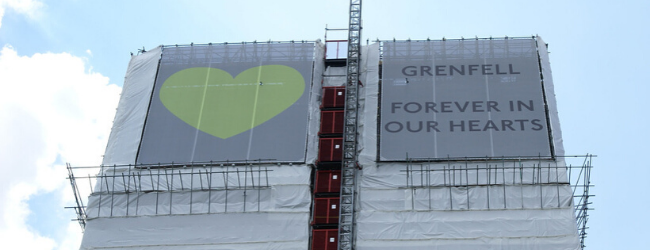WOBO thanks IFSEC GLOBAL for the link to Ron Alalouff’s article.

We are all aware of the action that the UK government has taken in response to the terrible fire at Grenfell Tower in 2017 in which 72 people died – the highest death toll in a residential building fire since the second world war.
A plethora of Government actions since the fire includes:
- Funding to replace unsafe cladding on high-rise residential blocks (18m and over)
- Banning the use of combustible materials on new high-rise blocks of flats
- The passing of the Fire Safety Act 2021 to clarify responsibility for fire safety of external walls and front doors to individual flats
- The wholesale review of buildings regulations guidance in Approved Document B
- The introduction of the Building Safety Bill which, when enacted, will put in place a far-reaching regulatory regime for high-rise residential buildings.
But with devatstaing fires such as Grenfell, do other countries take note of what has happened and take the necessary measures in terms of new regulations, guidance or remediation? In other words, do governments and stakeholders learn lessons from serious fires in other countries, or are we still working only within our national borders?
One initiative which aims to break out of our national silos is a set of common principles for saving lives and safe buildings, published by the International Fire Safety Standards Coalition in October 2020 and subsequently adopted by the United Nations Economic Commission for Europe (UNECE).
International Fire Safety Standards: Common Principles (IFSS-CP) is designed as…. read more
Can we do more to learn from major fires in other countries?
